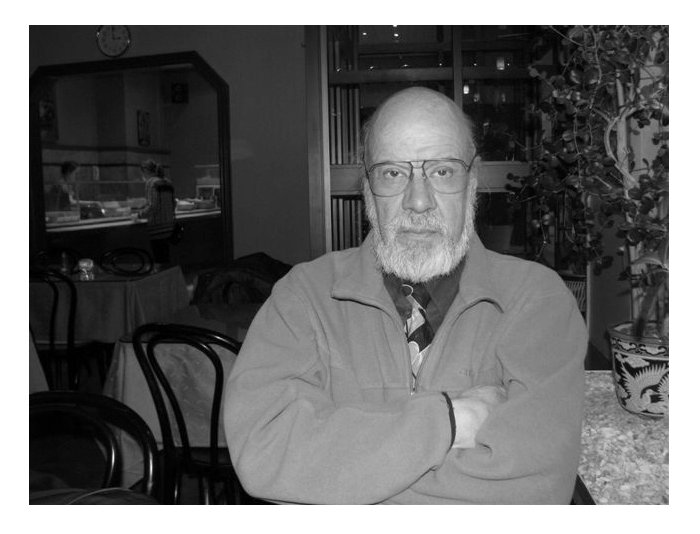

Ulf Grahn was born in Solna on 17th January 1942. He grew up with the classical repertoire in a musical home, his mother being a music teacher. He sang in the St. Jacob’s Boys’ Choir for five years under Eric Ericson. He then studied violin, piano and composition at the Stockholm Citizens’ School under Hans Eklund 1962-1966 and composition, violin, viola, piano, recorder and singing at the State Academy of Music in Stockholm 1966-1970. He taught in the Stockholm and Lidingö municipal schools of music 1964-1972 and worked in close collaboration with the concert organization Fylkingen and the ISCM. He settled in the USA in 1972, worked as an assistant at the electronic music studio of the Catholic University of America in Washington 1972-1975, and taught at Northern Virginia Community College 1975-1980. In 1983 he was made an Associate Professorial Lecturer in electronic music, theory and composition at George Washington University. In 1974 he founded Contemporary Music Forum, which specializes in new music and whose concerts are often relayed to tens of thousands of listeners. He teaches and lectures. He received a State Composer’s Scholarship 1971. Already as a high school student, Ulf Grahn was a very prolific composer, and he has written music of all kinds: solo pieces, chamber music, orchestral works, ballets, incidental music and electro-acoustic compositions. He is a traditionalist in the thoroughness of his musical craftsmanship, but his musical vocabulary has constantly been absorbing new techniques which he uses in a manner both free and personal. His output before settling in the USA included the eight piano pieces gathered under the heading Snapshots (1972). The notation of these pieces of highly varied character ranges from exactly specified “time and space“ to almost complete liberty for the pianist. The collection also employs many different playing techniques, e.g. playing directly on the strings of the piano. His orchestral works from this period include A Dream of a Lost Century, an austere, texturally well-balanced work played by the Stockholm Philharmonic in 1972, and Ancient Music for piano and orchestra, performed the same year by the Danish Radio Symphony Orchestra. His music is often light in texture and gentle in its approach. It has sweeping surfaces of sound and a variable pulse, but it is often convulsive. The splendid In the Shade, for a wide variety of percussion instruments, was written for a tour of the USA by the Malmö Percussion Ensemble in 1978. In this piece, resonant episodes alternate with rhythmic ones, and the rhythm is sometimes truly intricate, not least in order to create a theatrical, visual impression. His other works include Hommage à Charles Ives (1968), first performed in Trondheim, Looking Forward for organ (1972), Concerto for Orchestra (1973), first performed in Cincinnati, Piano Concertino (1979), and an expansive Piano Sonata in one movement (1980) which explores the full range of the piano in contrasting episodes. His first symphony was written in 1966-1967 as a purely linear, spartan work employing a technique of superimposed rhythms and sounds. His second symphony, in one movement, was commissioned and first performed by the Stockholm Philharmonic in 1984. -- Stig Jacobsson 1984
|
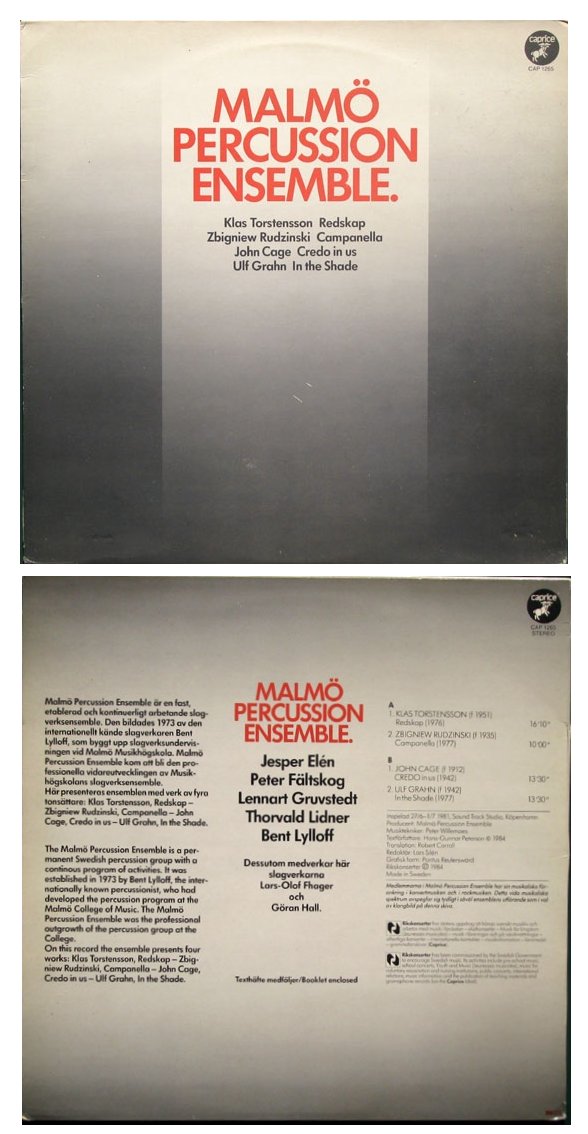 UG: One of the
basic parts deals with the percussion. Even though when I studied in
Sweden I had contact with lots of percussionists, it was first when I got
to Washington in 1973 and I founded this group there
— The Contemporary Music Forum — that I
got really to work more or less on a weekly basis with percussionists.
And the versatility of the American percussionists at that point was much
greater than you would find in Sweden. There they would be specialized
— either they would be timpanists, or they would be mallet players,
or they would do the drum sets. Here they would be more versatile,
but that has changed now, so in Sweden they are getting more versatile.
UG: One of the
basic parts deals with the percussion. Even though when I studied in
Sweden I had contact with lots of percussionists, it was first when I got
to Washington in 1973 and I founded this group there
— The Contemporary Music Forum — that I
got really to work more or less on a weekly basis with percussionists.
And the versatility of the American percussionists at that point was much
greater than you would find in Sweden. There they would be specialized
— either they would be timpanists, or they would be mallet players,
or they would do the drum sets. Here they would be more versatile,
but that has changed now, so in Sweden they are getting more versatile.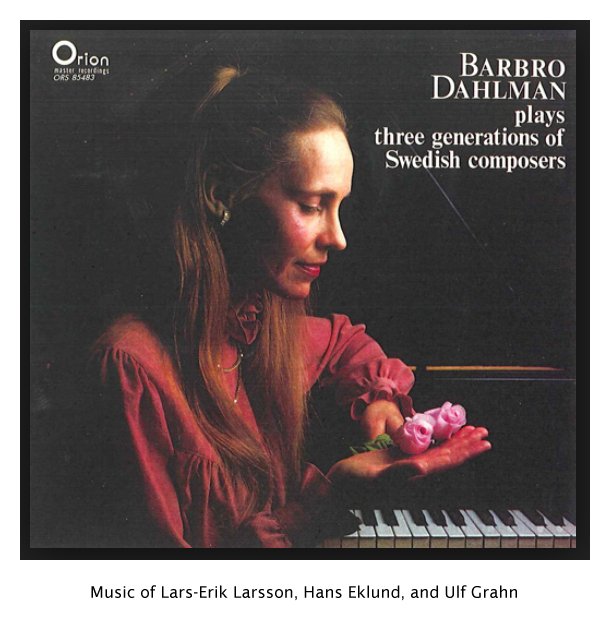 BD: These are all different kinds of music?
BD: These are all different kinds of music?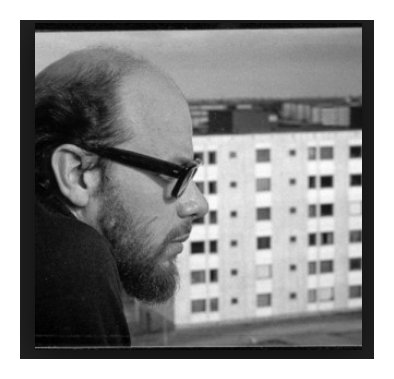 BD: But you say
you’ve worked on this in your head, so it’s ready to go?
BD: But you say
you’ve worked on this in your head, so it’s ready to go?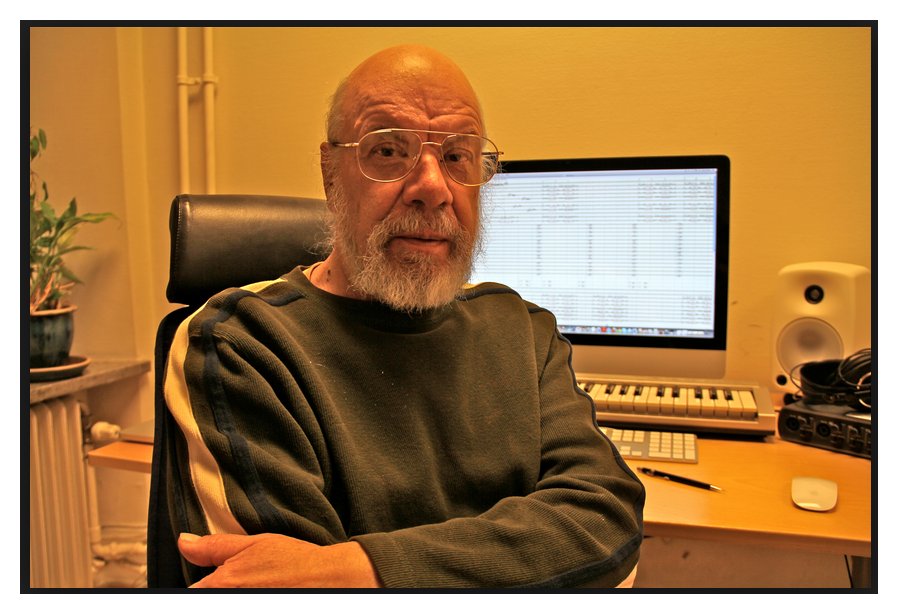
© 1987 Bruce Duffie
This conversation was recorded in Evanston, Illinois, on April 8,
1987. Portions were broadcast on WNIB the following year, and again
in 1992 and 1997. This transcription was made in 2015, and posted on
this website at that time.
To see a full list (with links) of interviews which have been transcribed and posted on this website, click here.
Award - winning broadcaster Bruce Duffie was with WNIB, Classical 97 in Chicago from 1975 until its final moment as a classical station in February of 2001. His interviews have also appeared in various magazines and journals since 1980, and he now continues his broadcast series on WNUR-FM, as well as on Contemporary Classical Internet Radio.
You are invited to visit his website for more information about his work, including selected transcripts of other interviews, plus a full list of his guests. He would also like to call your attention to the photos and information about his grandfather, who was a pioneer in the automotive field more than a century ago. You may also send him E-Mail with comments, questions and suggestions.